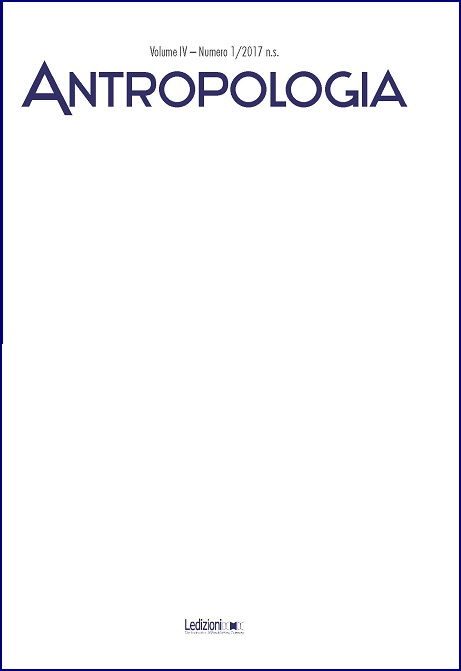Between body and mind: Risk cultures and organic food in Sicily
DOI:
https://doi.org/10.14672/ada20171178%25pKeywords:
Food, Risk, Body, Senses, PalermoAbstract
In the last forty years, organic food has become an important yet varied field of action for consumers, embodying a wide variety of fears and aspirations. One of the most common approaches to the phenomenon traces its origins in the first half of the twentieth century, as a reaction to the modernization of agriculture, and then its renewal in the 1970s, as a result of the environmental movement. This approach draws on the work of Ulrich Beck to argue that this form of consumption is linked to the development of a "risk society", a new epoch in which reflexivity about processes of environmental degradation is supposed to be widespread. This article analyses the role that organic food plays as part of late modernity in a specific context, the city of Palermo in Sicily, highlighting the limits of explanations based on the risk society hypothesis, which privilege the cognitive aspects of reflexivity. Starting from the theoretical distinction between risk society and risk cultures, the article shows the existence of non-cognitive forms of reflexivty grounded in the body and the senses. Drawing on the anthropology of food, the body and the senses, it traces an analytical course that leads to the interpretation of risk as the result of the dynamic interaction between cognitive and corporeal reflexivity, revealing how these two forms are connected, interact and influence each other in the Palermitan case.Downloads
Published
2017-04-27
Issue
Section
Articles
License
Authors maintain the copyright of their original work and grant the Journal the right to first publication, licensed after 36 months under a Creative Commons Licence – Attribution, which allows others to share the work by indicating the authorship and first publication in this journal.
Authors may agree to other non-exclusive licence agreements for the distribution of versions of their published work (for example in institutional archives or monographs) under the condition that they indicate that their work was first published in this journal.



